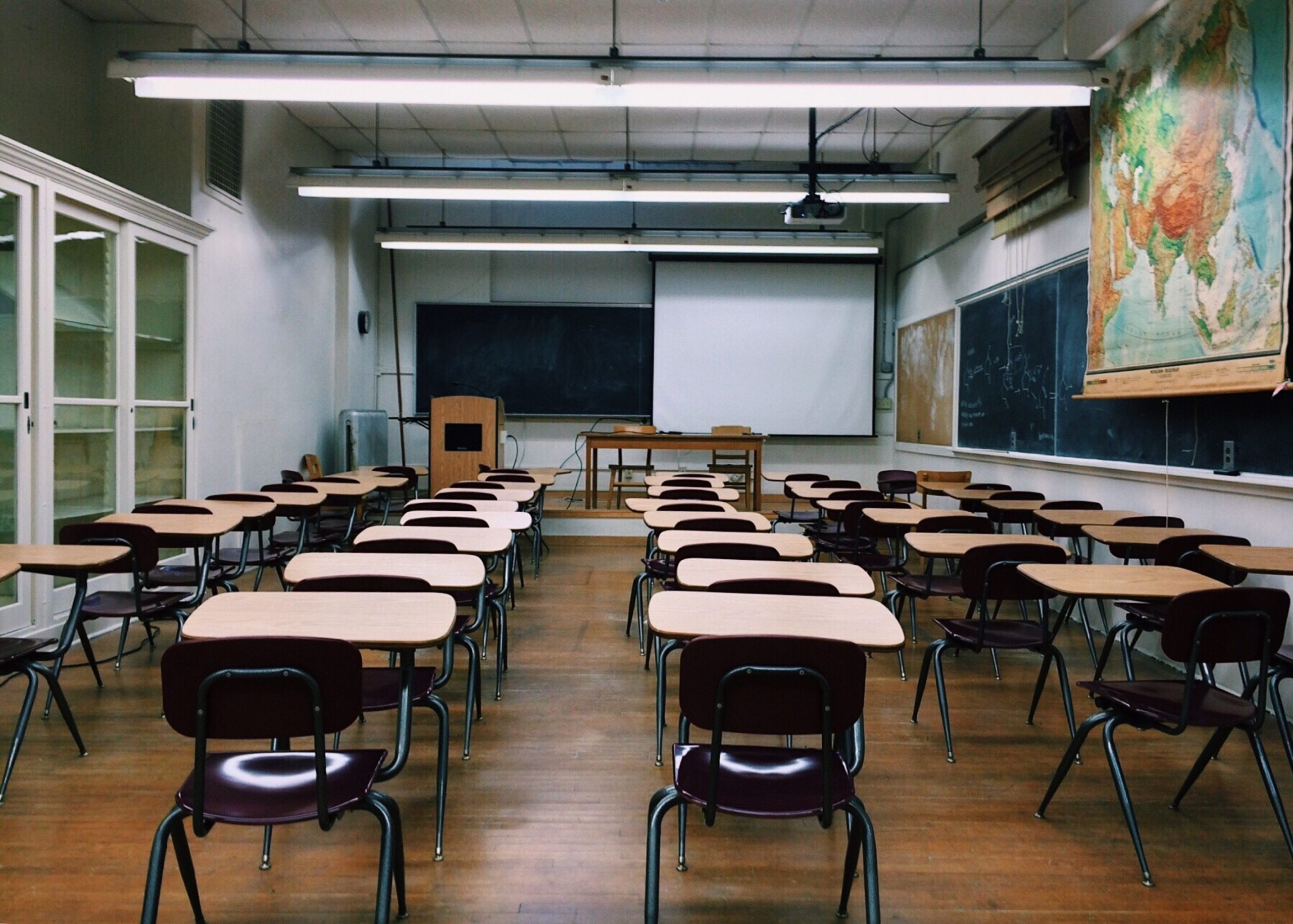Teachers in Chicago overwhelmingly sided with city leaders when they voted to accept the city’s proposal to reopen schools, despite objections raised by the local teachers’ union. This rasies the question of whether teachers in cities where schools have yet to reopen, like Philadelphia, would also vote to return to in-person learning if given the chance.
By a two-to-one margin, Chicago teachers approved the city’s proposal, despite the union’s expressed objections to the plan. “Let me be clear. This plan is not what any of us deserve,” said Chicago Teachers Union President Jesse Sharkey.
Meanwhile, the teachers’ union in Philadelphia forced the city’s mayor to back down on reopening schools for younger elementary and special education students. There is no indication that the union has asked teachers to vote on the city’s reopening plans.
While the debate in the media pits public health officials, who say schools can safely reopen, against teacher union officials, who have resisted calls to reopen, the public has yet to learn how educators feel about this issue. Very few teachers have had a chance to voice their opinions publicly about school reopening plans, and there is little evidence that unions have regularly asked teachers for their opinions.
Many schools have partially or fully reopened, but there are still holdouts – especially in big cities like Chicago, Philadelphia, and Fairfax, Virginia. Higher case counts in big cities are likely contributing to the calls to keep schools closed, but union political power also plays a part.
New York City schools have resumed in-school instruction for elementary school students, while middle schoolers are set to go back at the end of February. But the city has established a low threshold to shut down individual schools, which means in-person learning happens only sporadically in some schools.
The city’s teachers have not had a chance to voice their support or opposition to the plan, at least not publicly. There is no indication that the unions have asked teachers to weigh in.
While the media treats teachers’ unions as though they speak for all teachers, the vote in Chicago shows many teachers may have different opinions than the one presented by unions.
